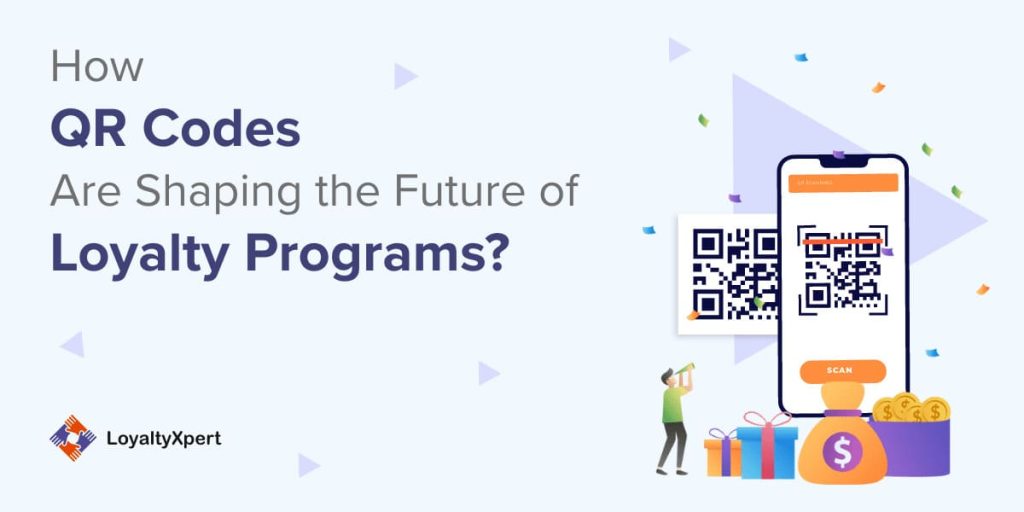Why Every Company Should Have a Loyalty System to Compensate Customers
Why Every Company Should Have a Loyalty System to Compensate Customers
Blog Article
Commitment System Insights: Rewarding Customers and Expanding Your Brand Name
Commitment programs have actually progressed past mere transactional benefits; they now work as calculated devices for fostering much deeper client connections and boosting brand name commitment. By comprehending the subtleties of various benefit systems, services can customize their approaches to fulfill varied customer choices. The effect of a well-implemented loyalty program extends beyond consumer retention, driving campaigning for and shaping brand assumption in an affordable industry. The performance of these programs hinges on certain involvement approaches and measurable outcomes. What crucial factors should brand names take into consideration to maximize their loyalty campaigns?
Comprehending Loyalty Programs

By examining this data, companies can customize their offerings to much better satisfy consumer needs, creating a more tailored purchasing experience. This customization is essential in developing trust and emotional links, which are necessary for brand commitment. Additionally, commitment programs can boost consumer interaction through special deals, benefits, and experiences that resonate with consumers, enhancing their commitment to the brand.
Furthermore, loyalty programs can add to raised client lifetime value, as dedicated and satisfied clients are more probable to make constant acquisitions and refer others. Eventually, when applied successfully, loyalty programs not only incentivize prompt sales yet likewise grow a neighborhood of brand advocates, thereby driving lasting growth for businesses in an affordable industry.
Kinds Of Reward Solutions
Various sorts of reward systems exist within loyalty programs, each designed to deal with various customer preferences and company goals. One preferred strategy is the points-based system, where customers make points for every acquisition, which can later on be redeemed for discount rates or products. This version motivates repeat deals and cultivates a feeling of accomplishment as consumers collect points.
One more effective type is tiered rewards, which incentivizes customers to get to higher levels of commitment. As clients progress with tiers, they unlock significantly valuable advantages, thereby improving client involvement and retention. This system rewards both preliminary investing and recurring commitment, making consumers feel valued.
Cashback benefits are likewise prevalent, providing consumers a portion of their purchase back as money or credit history. This straightforward technique charms to price-sensitive customers and can drive more regular acquisitions.
Last but not least, experiential incentives offer distinct experiences, such as unique events or early access to items. These rewards produce unforgettable communications with the brand, promoting deeper emotional links.
Each of these systems provides distinct benefits, allowing services to customize their loyalty programs to align with their customer demographics and calculated purposes.

Advantages of Applying Loyalty Programs
Implementing loyalty programs supplies many advantages that can dramatically improve an organization's relationship with its customers. By rewarding repeat acquisitions, organizations cultivate a feeling of belonging, urging consumers to return more often.
Moreover, loyalty programs make it possible for services to collect important information on consumer choices and acquiring habits. This information can be examined to tailor marketing efforts, bring about more individualized and reliable projects. The insights acquired can help businesses recognize patterns, maximize product offerings, and boost client contentment.
Additionally, commitment programs frequently produce a competitive side in crowded markets. By establishing a strong commitment framework, companies can distinguish themselves, attracting clients who focus on brands that worth their loyalty.
Last but not least, a well-structured commitment program can cultivate brand advocacy. Loyal customers are most likely to suggest a brand to others, properly turning them right into brand ambassadors. Finally, carrying out commitment programs is a tactical move that can yield substantial benefits, eventually driving long-lasting organization development and success.
Methods for Reliable Interaction
Effective engagement is pivotal for making best use of the advantages of commitment programs and making certain continual client interest. Loyalty System. To cultivate purposeful connections, companies need to take on a multi-faceted technique that emphasizes value, interaction, and personalization
First, leveraging customer information to develop tailored experiences enhances involvement. By assessing purchase background and choices, brand names can offer tailored benefits or suggestions that reverberate with specific clients. This targeted technique not only increases contentment however likewise urges repeat interactions.
Second, transparent and normal interaction is important. Making use of numerous channels, such as e-mail newsletters, social networks, and mobile applications, guarantees consumers are educated regarding promotions, incentives, and program updates. Constant messaging maintains the brand top-of-mind and enhances the value of loyalty involvement.
Finally, incorporating gamification elements can substantially enhance interaction. Functions such as factor accumulation, obstacles, and tiered benefits develop a feeling of achievement and enjoyment, encouraging customers to engage even more actively with the program.
Integrating these approaches grows a loyal client base, driving sustained development and brand name fondness while taking full advantage of the potential of commitment programs. By focusing on reliable involvement, businesses can enhance connections and improve the general consumer experience.
Determining Success and ROI
To precisely examine the effectiveness of loyalty programs, companies have to establish clear metrics for gauging success and read more return on financial investment (ROI) Trick efficiency indicators (KPIs) such as customer retention rate, typical order worth, and the regularity of repeat purchases give measurable understandings right into program efficiency.
Furthermore, tracking the general effect on consumer lifetime value (CLV) is crucial. An effective loyalty program ought to increase CLV by cultivating customer commitment and encouraging repeat purchases (Loyalty System). Organizations should likewise consider the expense of maintaining the program and applying versus the revenue created via dedicated consumers
One more valuable technique is to analyze consumer engagement metrics, such as participation rates in loyalty activities and the redemption of benefits. This data enables business to fine-tune their offerings and enhance consumer experiences.
Additionally, making use of advanced analytics and customer feedback can additionally support the evaluation of loyalty program effectiveness. By integrating qualitative understandings with quantitative information, services can change methods to optimize efficiency. Inevitably, an extensive measurement framework will certainly enable companies to recognize the real value of their commitment programs and make informed decisions for future growth.
Conclusion
Finally, commitment programs act as a crucial system for boosting client involvement and fostering brand name commitment. By using numerous benefit structures and personalized incentives, services can efficiently deal with varied customer choices. The critical application of these programs not only boosts customer retention but also transforms completely satisfied clients right into advocates, adding to brand name development and affordable benefit. Ultimately, the effective implementation of commitment systems contributes in maximizing consumer lifetime value and attaining long-lasting business continue reading this success.
Loyalty programs have progressed beyond simple transactional rewards; they currently offer as calculated devices for cultivating much deeper client partnerships and improving brand name loyalty. As customers advance via rates, they unlock significantly valuable advantages, consequently enhancing customer engagement and retention. A successful commitment program must enhance CLV by promoting client loyalty and motivating repeat transactions.In verdict, commitment programs serve website link as a vital mechanism for improving customer involvement and cultivating brand loyalty. The strategic execution of these programs not just boosts client retention but also changes satisfied consumers right into advocates, adding to brand growth and competitive advantage.
Report this page